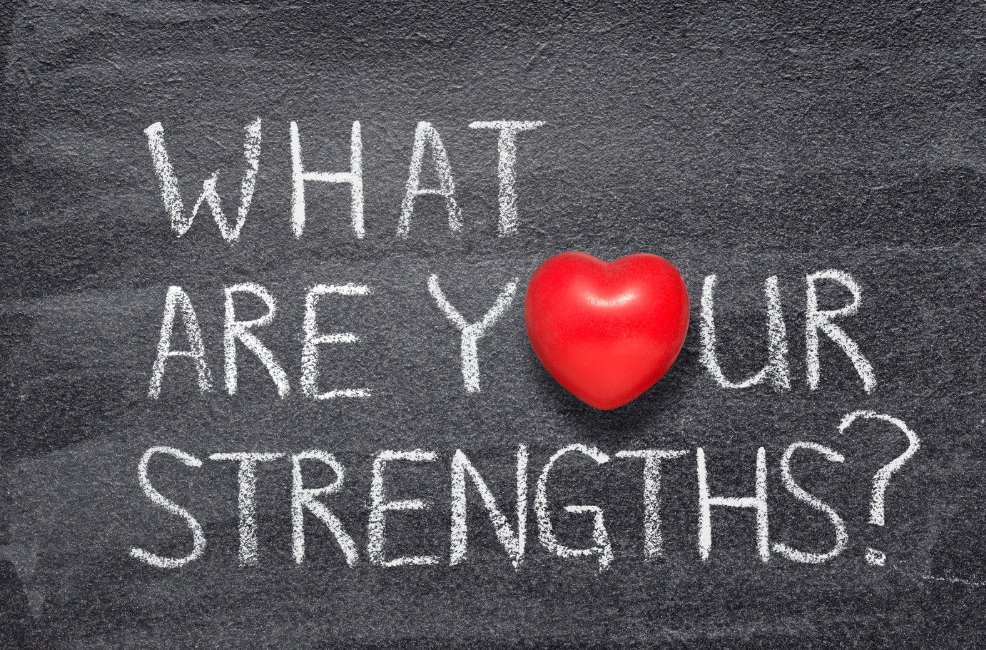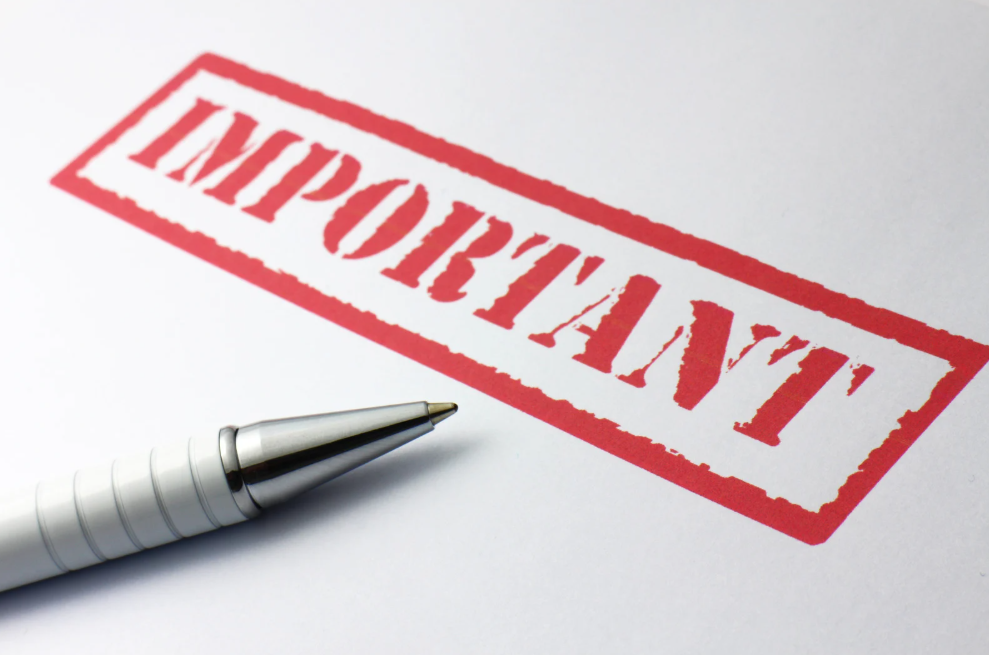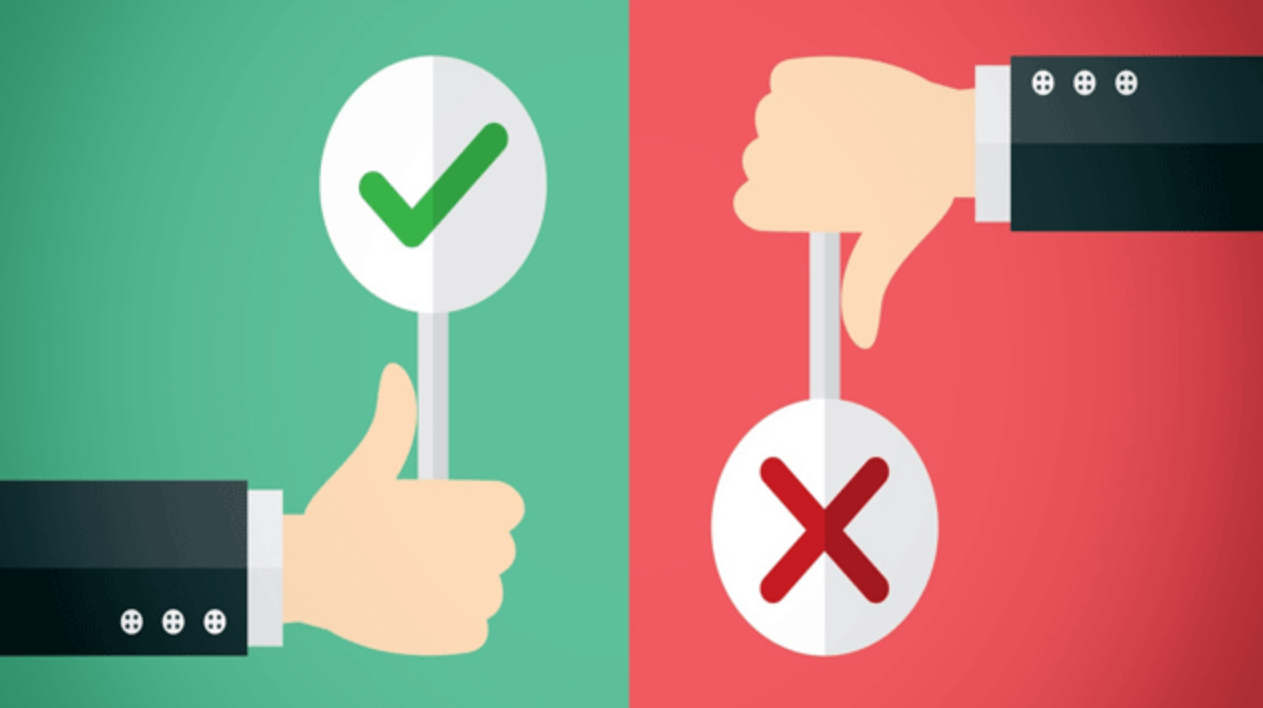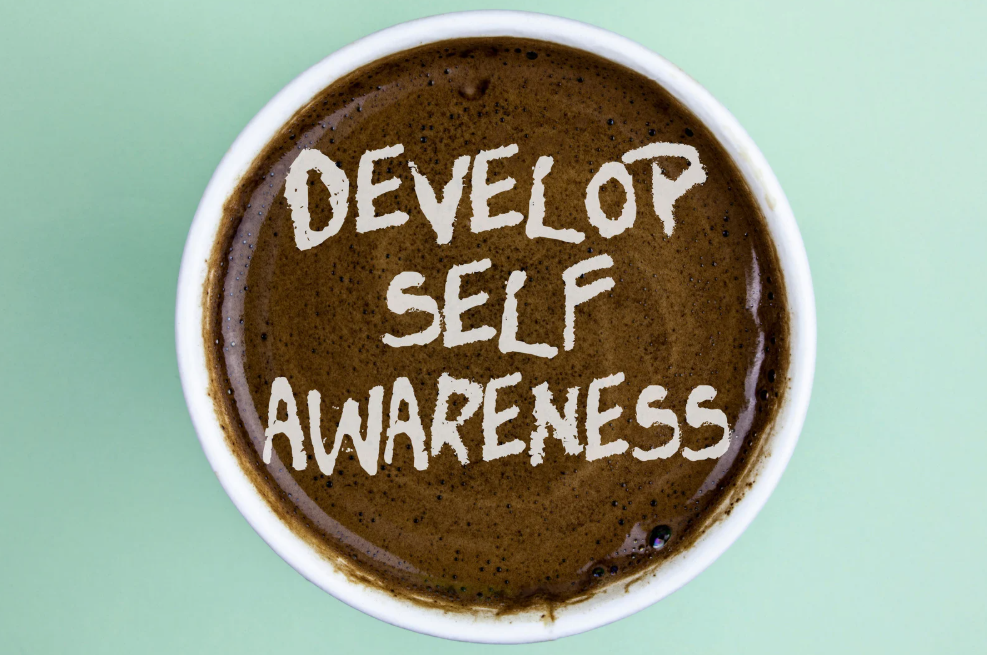“Knowing others is intelligence, knowing yourself is true wisdom.” – Lao Tzu
When we talk about growth, we often focus on how students should learn independently, set clear goals, or manage their time effectively. Yet, before mastering these skills, every young person needs something even more fundamental: a deep understanding of themselves.
This ability – known as self-awareness—is the cornerstone of personal development. It is also the very first pillar in the CASEL framework for holistic competency growth that Mentors14 is committed to fostering.
What is Self-Awareness?

Self-awareness is the ability to observe and understand your own emotions, thoughts, strengths, weaknesses, personal values, and behaviors. A student with strong self-awareness doesn’t just say, “I’m sad,” but can also recognize, “I’m sad because I feel unrecognized.”
In other words, self-awareness lays the groundwork for students to answer seemingly simple – yet profoundly powerful – questions:
- Who am I in this classroom?
- How do I respond under pressure?
- In what conditions do I learn best?
- What do I truly want – and why?
Why is self-awareness such a critical foundation?

In a school environment full of expectations, competition, and constant change, students can easily get swept up in external benchmarks – high grades, impressive achievements, prestigious schools – while forgetting to pause and reconnect with themselves.
How self-awareness empowers students:
- Regulate emotions instead of being ruled by them: Recognizing feelings like anger, anxiety, or boredom is the first step toward managing reactions and avoiding impulsive behavior.
- Build genuine self-confidence: Not the “surface confidence” shaped by comparisons or external praise, but a steady belief in one’s own abilities and intrinsic worth.
- Ask the right questions: A self-aware student won’t simply ask, “Am I bad at math?” but instead, “Which part of math am I not learning effectively yet?”
- Make decisions aligned with personal values: When students know what they truly want and why, they are less likely to be swayed by others’ opinions or fleeting trends.
Signs of a student with self-awareness skills
- Able to express emotions clearly: “I feel a bit stressed today because of the Math test” instead of “I’m bored, I don’t want to study.”
- Recognizes their own learning habits and needs: “I notice that I learn better in the early morning” or “I need a quiet space to focus.”
- Can realistically assess strengths and weaknesses: “I’m quite fast at making slides, but I need more time to write the content.”
- Willing to admit mistakes without losing morale: “I think the group missed the deadline partly because I didn’t delegate tasks clearly.”
Why do Vietnamese students lack self-awareness?

In the traditional education system, students are taught how to memorize and get things right – but are rarely asked, “How do you feel?”, “What do you think about this?”, “What does this mean to you?”. Without space for reflection, they tend to learn the way others want, live the way others praise, without pausing to ask themselves: “Is this really for me?”
The pressure of achievement and constant comparison also lead students to develop a mindset of “being praised means I’m good, being criticized means I’m bad”, lacking the ability to distinguish between their true abilities and others’ expectations.
Mentoring is not just about “guiding academic work” – it is a process of building reflective thinking skills, where students learn to look inward and not avoid their own emotions and behaviors.
A mentor does not impose or judge, but instead asks open-ended questions:
- “Why did you choose that option?”
- “What do you think you did best this time?”
- “If you could do it again, what would you change?”
Through these conversations, students learn to think more deeply – feel more clearly – and understand themselves better. And once they truly understand themselves, they gain the ability to learn, live, and lead themselves in the most sustainable and authentic way.

Self-awareness is not something that appears overnight, nor can it be “fast-tracked” in just a few days. It is a skill developed through practice, reflection, and the right guidance.
At Mentors14, we believe that when students understand themselves, they don’t just learn better – they live with greater resilience. That’s why we choose CASEL as the framework for holistic development – starting with Self-Awareness, the very foundation of a true growth journey.
📌 Mentors14 – Where students don’t just learn to know, but learn to understand themselves.
✍️ Personalized 1:1 mentoring to unlock potential from within.
Read the Vietnamese version here.


 VIE
VIE